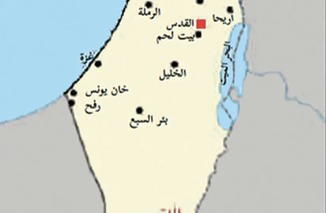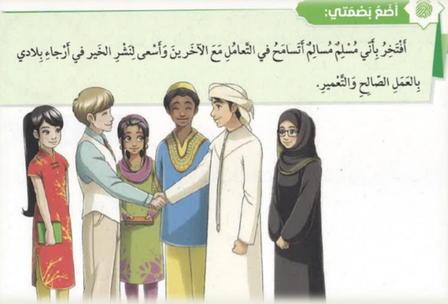The three fundamentals are delegitimizing Israel’s existence and the presence of Jews, demonizing Israel and Jews, and inciting against Israel and Jews.
Palestinian Authority schoolbooks feature three fundamentals:
Read more @The Jerusalem Post

Military Rabbinate researches and preserves over 400 Torah scrolls, some of which are centuries old and many of which came from Jewish communities that no longer exist.
Hundreds of Torah scrolls, some more than 700 years old, are housed at a surprising location – a closed IDF base. Israel Hayom was allowed a rare look at the enormous storeroom at the IDF Rabbinate’s Shura where over 400 Torah scrolls are being safeguarded.
Lt. Col. Shoham Orkaby, head of the Military Rabbinate’s Halacha (Jewish law) department, says “There’s nothing like this in the world. The sense inside is as if you’ve gone down a time tunnel through the history of the Jewish people.”
Because the scrolls are sacred, they cannot be displayed in a museum, and because they are housed on a closed military base, the general public cannot see them.
“We’re happy to tell the story of the largest holy ark in the world through you [Israel Hayom],” Orkaby says.
Read more @ Israel Hayom
Report on Emirati school lessons gives high marks for urging respect toward Jews and showing trend away from negative portrayals of Israel, but some remain.
Textbooks in the United Arab Emirates promote peace and religious tolerance toward Jews, but Israel is still missing from maps, according to a study released Thursday.
The report by the Institute for Monitoring Peace and Cultural Tolerance in School Education (IMPACT-se), titled “When Peace Goes to School: The Emirati Curriculum 2016-21,” examined 220 Arabic-language textbooks in government schools in grades 1-12, covering civics, history, Arabic literature, and Islam.
The curriculum “praises love, affection, and family ties with non-Muslims,” read the report. “Interfaith relations, particularly with Christianity, are evident along with expressions of tolerance toward Judaism. The report did not find examples of antisemitism or incitement.”
Read more @ Times of Israel
